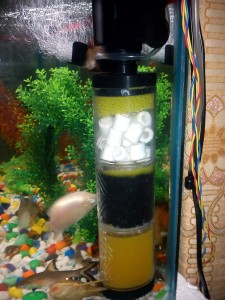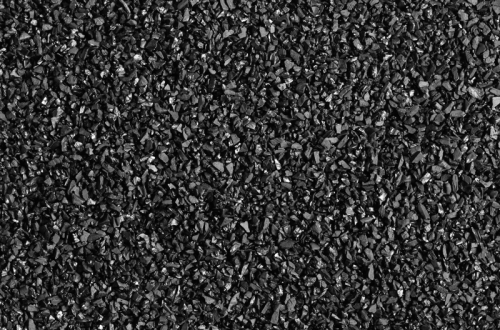Should I use carbon filtration in freshwater aquariums?

Using carbon filtration in freshwater aquariums has become one of the hot trends nowadays. However, it’s at the same time a heated controversy. As a spectator, I want to cleat that carbon use is optional and it’s always a personal choice. I have tanks that use carbon and those that don’t. This article is my experience that provides some details about the use of carbon, which may allow aquarists like you to decide if carbon filtration is worth trying or not.
Compared to carbon-zero tanks, I realized that carbon removes dissolved organics and toxins. It does it via two ways, adsorption and catalytic reduction. In general, organic particles are removed through adsorption while chemical contaminants are removed by catalytic reduction. Some of the organic substances removed by carbon are primarily tannins (it gives bad colours to the water) and phenols (it gives fishy smell to the tank).
Another extended benefit is that the carbon makes bio-filtration more effective. This is based on the first point. Dissolved organics are a food source for heterotrophic bacteria (don’t be confused with the term, just remember this bacteria will compete for space and oxygen). The only factor that can affect its growth is the availability of organics. Thus, the use of carbon helps limit heterotrophic bacteria by removing dissolved organics. Not to forget that carbon removes medications, which is an iron fact even for those who don’t use carbon.
Well, so what’s the conclusion? I stay for the option that the carbon use, especially in a fish only tank, can provide benefits. One point of importance, never substitute carbon filtration for bio-filtration. Personally, the primary benefit of carbon filtration is its ability to enhance bio-filtration.
Finally, carbon (or any other form of chemical filtration) is not a substitute for water changes. It (they) may be used as an aid to provide as pristine water conditions as possible, but they do not eliminate, or reduce, water change requirements.
